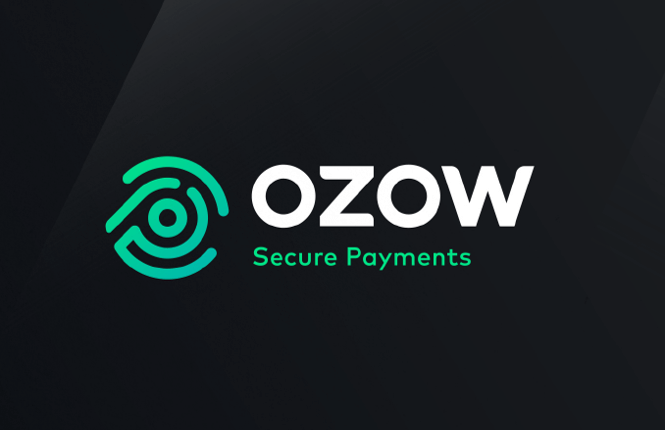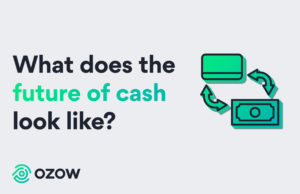Founded by techpreneurs Thomas Pays, Lyle Eckstein, and Mitchan Adams in 2014, Ozow has grown into a world-class digital payment platform that simplifies transactions for customers and merchants.
Designed to reinvent the typically cumbersome inter-bank payment process and provide an attractive alternative to the entrenched payment solutions that have historically been available, Ozow removes the timeous manual way of doing things and significantly speeds up transaction time so merchants are able to process more orders. Unlike a traditional EFT transaction that can take up to three minutes to process, Ozow cuts the time down to 20 seconds.
While traditional cash and card payments will still be here for the foreseeable future, Ozow is disrupting how online and in-store purchases are done. In a continent where mobile is king and there are concerns about having large amounts of cash on hand, the flexibility that Ozow provides both the customer and the merchant means it sets the platform for digital payments to become commonplace.
How does Ozow work?
A customer chooses Ozow as a payment option (typically listed under Instant EFT) during the online checkout process and selects their bank. Once they are logged in using their internet banking credentials and select the account to pay from, the automated process will populate all the relevant fields (such as merchant account details, reference number, amount, and so on) on their behalf.
The bank will then send a one-time password (OTP) or mobile authentication to their cellphone or banking app to verify the payment. Once authorised, the transaction is immediately completed and a notification sent to the seller to process the order. There is no need to send proof of payment or to wait until the funds clear.
Unlike many other systems, Ozow does not require the customer to register and does not store their online banking login details. The platform simply acts as a proxy between the buyer and the bank for an easy, fast, and trusted process. Furthermore, because the customer does not require a credit card to use the service, Ozow makes e-commerce accessible to people who would not normally transact online.
Merchant benefits
The merchant is only required to set up an account with Ozow and make the functionality available to consumers as a payment method. Because it delivers real-time payments and invoicing to the merchant, a continuous workflow can be ensured that could result in more sales.
The rising popularity of Ozow means that merchants often experience a rapid increase in the number of successful transactions being made on their sites from both existing and new users that enjoy the service, with some merchants seeing user growth of up to 70% month on month since introducing the channel. That translates to savings in credit card fees and reduced cash handling fees that go straight to the bottom line.
Given that Ozow only takes a small percentage of each sale, none of the monthly or transaction fees typically associated with online gateways applies. This means that fees will never outweigh profits. For small merchants trying to compete with bigger, well-established brands, this provides further impetus for growth.
Changing the market
In markets where credit is often treated with suspicion and cash is still king, low-cost banking providers tend to stay away from lending or credit facilities. Technology is seen as a way to keep the costs that traditional banks have to bear in check – resulting in millions of clients having access to online banking via smart devices but no way to shop online. Ozow opens the world of e-commerce up to those “cardless “ millions, creating exciting new markets for merchants and consumers alike.
Reference Africa
As more African financial institutions align themselves to meet the unique challenges of the continent by offering digital solutions, the digital payments market in Africa sees unprecedented growth. Significant investment in infrastructure and technology has accelerated growth in Africa over the past decade, establishing it as the second-fastest growing economic region in the world. According to the Digital Access: The Future of Financial Inclusion report from Mastercard Foundation and IFC, a financial inclusion project run by the two in Africa has seen $300-million in monthly transactions from 7.2 million new digital financial services users and 45,000 new banking agents since it launched in 2012.
With the global digital payments market valued at $32.5 billion in 2017, and projected to reach $86.76 billion by 2023, there is no arguing the potential that a solution like Ozow offers.
In South Africa, the total transaction value in the digital payments segment is $7.145m, according to Statista (2018). The e-commerce market is estimated to be worth some R14 billion, according to the World Wide Worx Online Retail in South Africa 2018 study and it is envisaged that successful transactions processed using the efficient Ozow system will capture close to 15% of this market.
The future will be focused on non-cash payments and Ozow will be there every step of the way.





